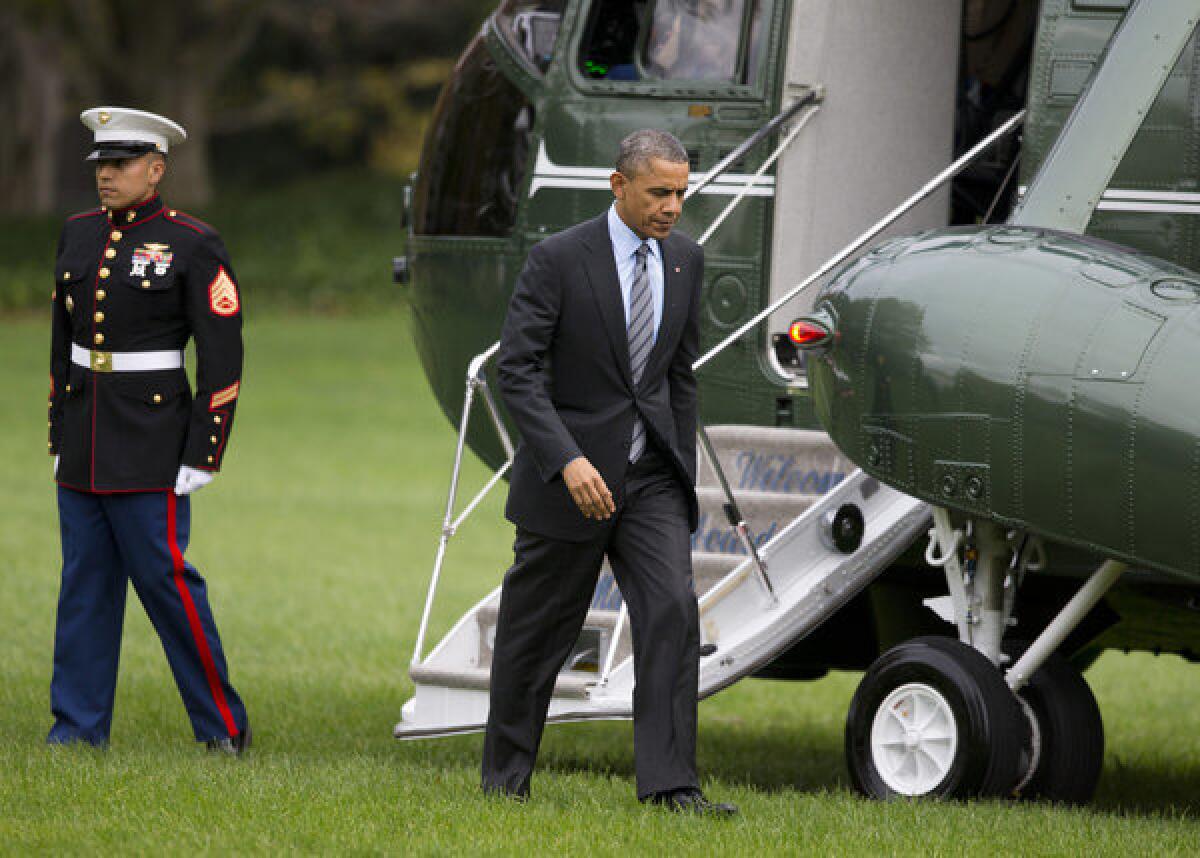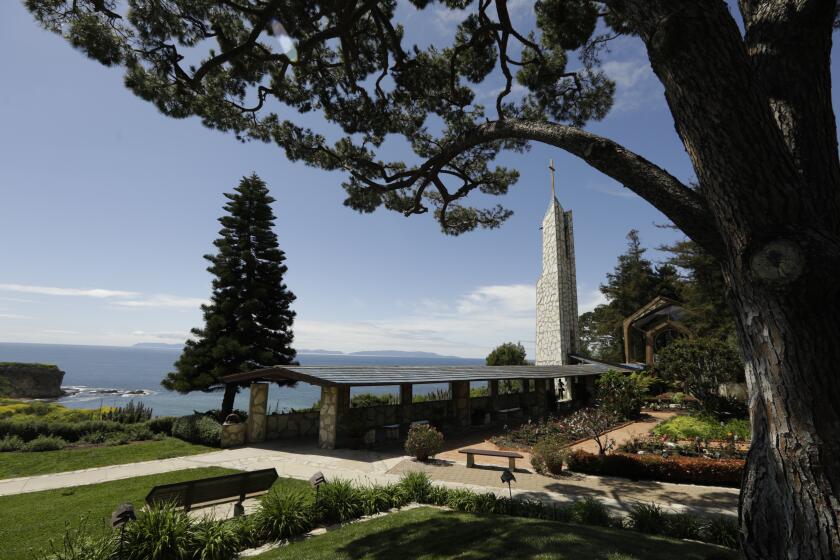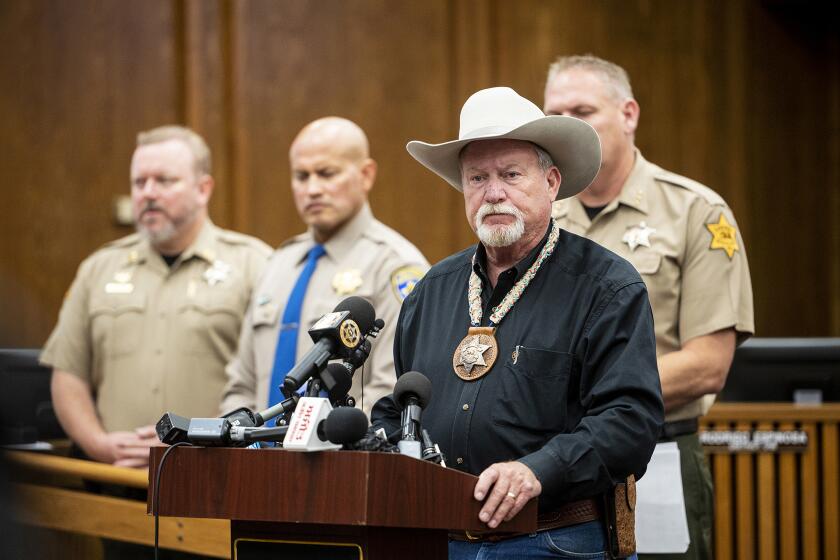Obama’s college-rating plan is met with skepticism at forum

College students, faculty and administrators met Wednesday at Cal State Dominguez Hills to express their concerns about President Obama’s proposals to make college more affordable.
The forum is one of four public sessions held around the country — and the only one in California — for the Obama administration to gather input on the president’s recently announced agenda to develop a college rating system.
Dozens attended the forum and spoke to the panel — headlined by U.S. Undersecretary of Education Martha Kanter — expressing their concerns about the reliability and unintended consequences of such a system.
The rating score card, to be launched for the 2015 school year, would be based on such measures as the percentage of low-income students receiving federal Pell grants, average tuition and student debt, graduation and transfer rates.
Other proposals would award more financial aid to students at higher-rated colleges and create incentives for new cost-saving approaches, such as three-year bachelor’s degrees and online programs.
Kanter told the crowd that the goal of the initiative is to “increase value and affordability across and throughout higher education with a plan to increase the access of students and their success while lowering cost.”
Obama’s plan is also “to promote innovation, increase competition and ensure student debt remains affordable,” she added.
Thomas Fallo, president of El Camino College, told the panel that the rating system could negatively affect lower-income and adult students who are only interested — or able — to attend the institution nearest to them. The ratings, and the data used to create them, also may not reflect the diversity of students’ economic status and education level when entering college, he said.
“Most community college students are not in the position to choose,” he said.
Kanter said it is a priority that the system maximize taxpayer investment in financial aid — which totals more than $150 billion annually — so that it is fair and objective to all stakeholders and serves its intended purposes.
“The president has been really clear about wanting the college rating system to increase value and reduce student debt, and explain affordability and quality to the country so students can make the best possible choices for themselves,” she said in an interview.
Cal State Dominguez Hills President Willie J. Hagan said it was fitting that the forum was held at his institution, which he believes would do well under such a system. Forums such as these are critical to the success of the initiative because rating systems can have unintended consequences, he said.
“While I think there are a lot of valid concerns about a rating system … the criteria that they are talking about are things this university demonstrates it does well: We’re very accessible, very affordable, and we provide a quality education and success for a lot of disadvantaged students,” he said in an interview.
Kate Fawver, a history professor at Cal State Dominguez Hills, told the panel that the plan, in theory, could shine a light on universities like hers — institutions that continue to serve their students in the face of devastating budget cuts and “keep alive the promise of equal opportunity.”
But while goals of the initiative are laudable, the administration’s approach is flawed, she said. The plan accepts the continued defunding of education and instruction and instead promotes lower-cost models — such as massive open online courses, or MOOCs, and accelerated degrees that serve the interests of businesses, not students, she said.
“They are cures worse than the disease,” Fawver said.
Joshua Zuniga, 19, a sophomore at Dominguez Hills, asked the panel to take the suggestions seriously and make every effort to reduce the financial burden that is placed on students.
“I hope they are listening and not just hearing us talk,” he said.
ALSO:
San Jose approves wild boar killings, not ‘pig genocide’
Free Wi-Fi across Los Angeles? City leaders make a new push
Wife masterminded PTA drug-planting scheme, husband’s lawyer says
Twitter: @stephenceasar
More to Read
Start your day right
Sign up for Essential California for news, features and recommendations from the L.A. Times and beyond in your inbox six days a week.
You may occasionally receive promotional content from the Los Angeles Times.







